

Max Davies
2026 GWM Cannon Ultra review
6 Days Ago
A study from car insurer AAMI shows drivers are turning off warning systems they find “too sensitive” despite knowing they improve safety.

Deputy News Editor
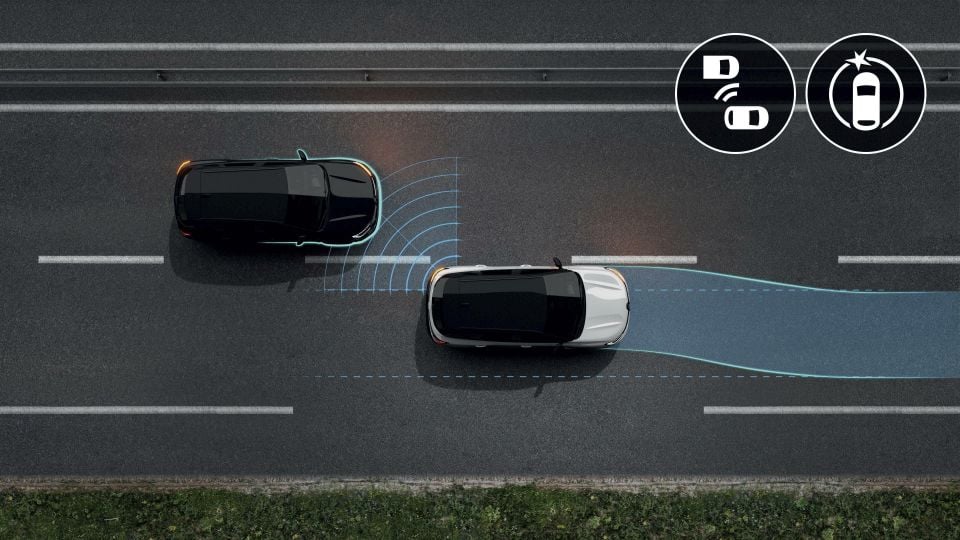

Deputy News Editor
Australian drivers are ditching safety systems they find “annoying”, “distracting” and “too sensitive” – despite knowing they bring real-world benefits – according to a new report from insurance company, AAMI.
The company’s latest annual Crash Index, which surveyed more than 480,000 AAMI insurance claimants over the past 12 months, revealed almost one in five drivers nationwide admitted to turning off some of their vehicle’s advanced driver assistance systems (ADAS).
That’s despite 59 per cent of them agreeing that ADAS functions improved road safety and reduced the number – and severity – of crashes.
“In-car safety features aren’t just gadgets, they’re designed to help protect us and make our roads safer,” said AAMI motor prevention manager Mary Kennedy in a statement.
“We should be embracing these features, not turning them off.”
CarExpert can save you thousands on a new car. Click here to get a great deal.
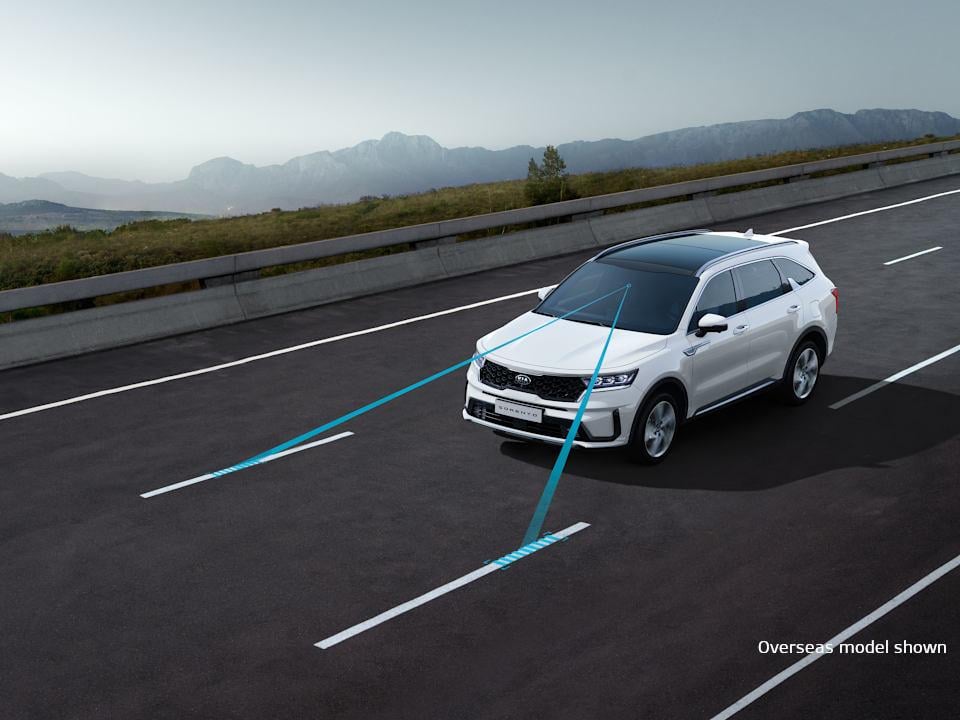
Of those who said they switched off safety systems, the function most often deactivated was lane departure warning/lane keeping, with 45 per cent admitting it was the first ADAS to be deactivated.
Adaptive/radar cruise control was the next most turned-off safety aid, with 17 per cent of drivers who had turned off a feature admitting to avoiding its use.
The most common reason for turning off the systems was that they were “annoying” or “distracting”, with 69 per cent of drivers surveyed saying this led them to deactivating them.
In 2023, Euro NCAP said it would work with automakers to minimise ADAS “noise pollution” and the “more annoying features of these technologies”.
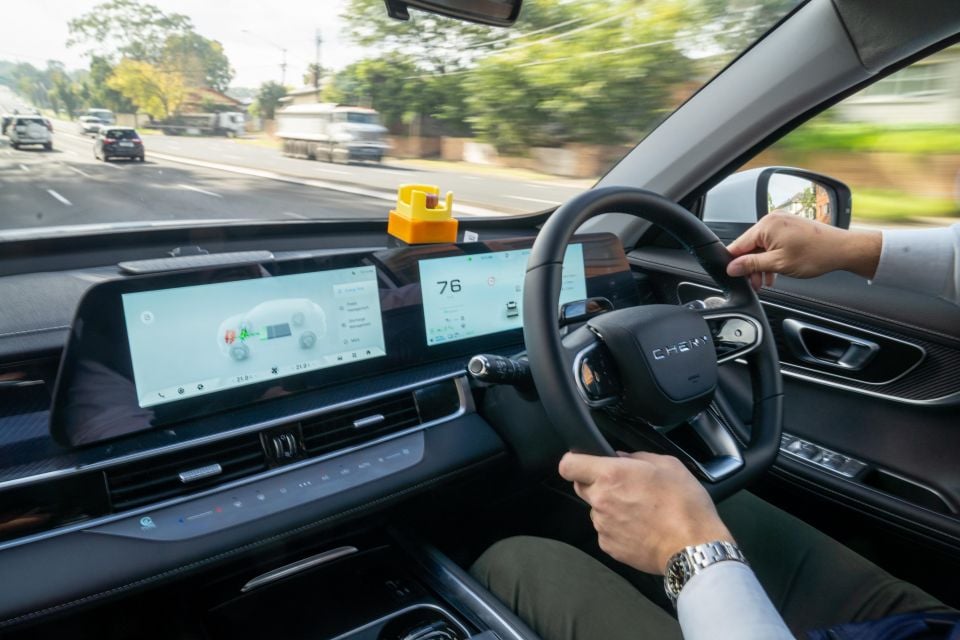
“As much as it is a challenge to insist that manufacturers fit the latest safety technologies, the real challenge lies in convincing consumers of their necessity,” Euro NCAP secretary general Michiel van Ratingen said in a statement.
“There is a worrying trend of media and social channels encouraging drivers ‘to turn them off’.”
Earlier this year, Chinese brand Leapmotor recalibrated some ADAS functions in the first model it released in Australia, the C10 mid-size electrified SUV, following media and customer criticism that its systems were too sensitive.
The C10 has a five-star ANCAP rating and comes with lane-keep assist, emergency lane-keep assist and adaptive cruise control as standard.
“Certainly, the feedback from very, very early on about the sensitivity of the ADAS has been one of the things that we continually work on,” Leapmotor Australia boss Andy Hoang told Car Expert.
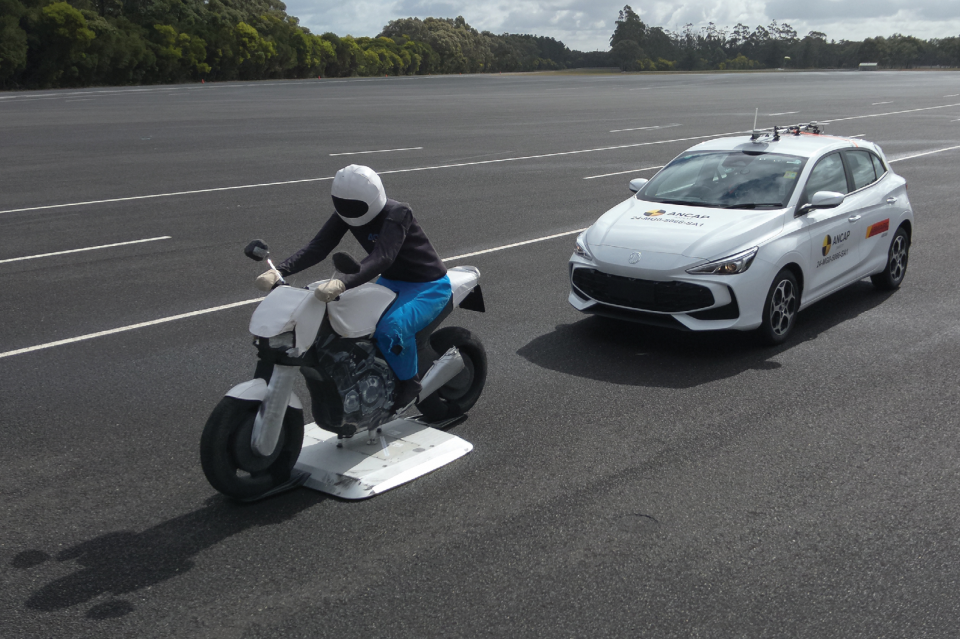
Likewise, software in the Mitsubishi Triton dual-cab ute was updated in 2024 to reduce the sensitivity of its driver monitoring system.
The AAMI research mirrors similar research conducted overseas, including a 2025 report by British consumer website Which? that showed more than half of drivers surveyed in the UK switched off safety systems.
“We’re looking at what is the safest, most insurable vehicle, rather than which one gives the least number of false interventions and the best driving comfort,” Yousif Al-Ani, principal engineer for Thatcham Research, which assesses risk for insurance companies, told Which?.
“Often, we have issues because those are two conflicting goals. In other words, a car that has ADAS set up to intervene sooner is inherently more insurable, but also more annoying to drive.”
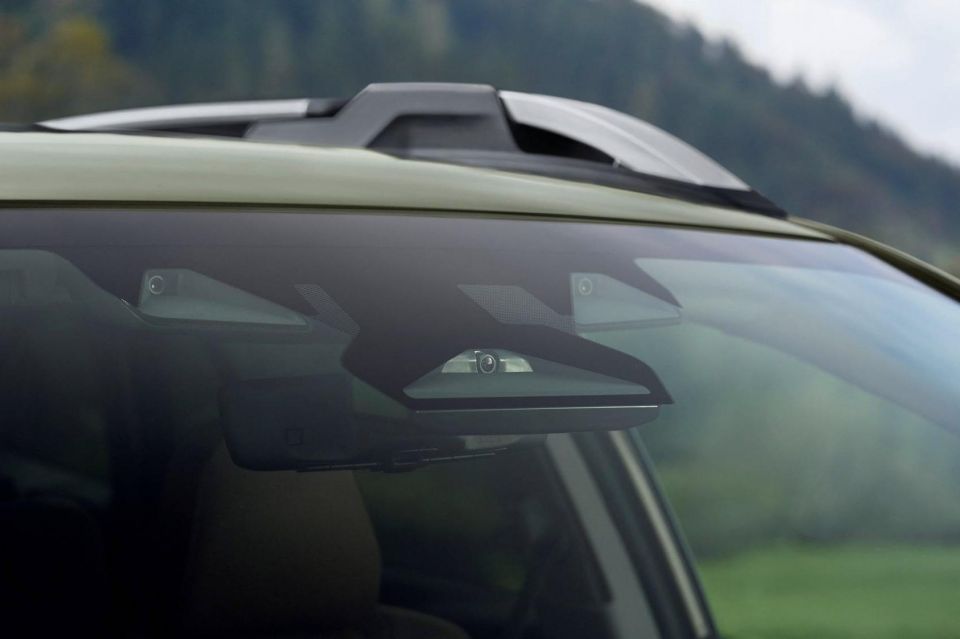
In the UK, lane-keeping systems were the second most turned-off feature behind speed assist, which combines speed sign recognition and adaptive cruise control to adjust vehicle speed to the posted limit – when it works.
Alarmingly, 34 per cent of UK drivers and 16 per cent of Australian drivers admitted to turning off automatic emergency braking (AEB).
Proven to reduce incidents and injuries, AEB has been mandatory for all new cars sold in Australia since March 2025.
A study conducted in the US by the Partnership for Analytics Research in Traffic Safety (PARTS) showed AEB contributed to a 46 per cent reduction in the number of rear-end crashes.

It also showed that AEB systems with pedestrian detection reduced collisions with vulnerable road users by nine per cent.
An earlier study showed that when AEB is paired with forward collision warning, the likelihood of motorists suffering injury in a collision fell by 53 per cent.
MORE: How autonomous is my car? Levels of self-driving explained
Damion Smy is an automotive journalist with several decades of experience, having worked for titles including Car and Auto Express magazines in the UK, and Wheels and Motor magazines in Australia.


Max Davies
6 Days Ago
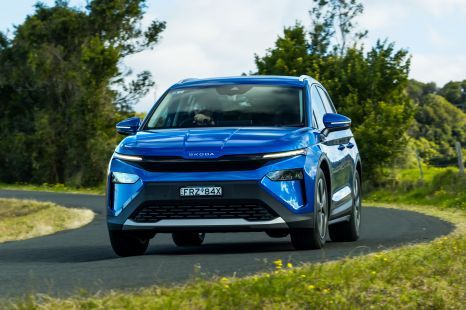

Josh Nevett
4 Days Ago


Max Davies
4 Days Ago


Max Davies
3 Days Ago


Neil Briscoe
2 Days Ago
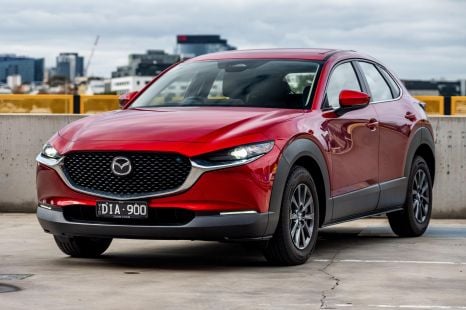

Max Davies
1 Day Ago